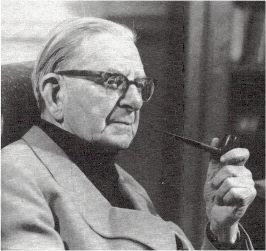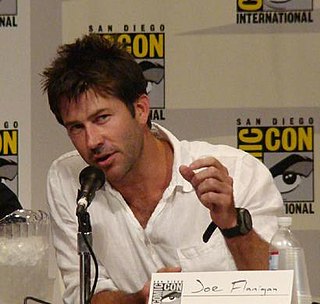A Quote by Alice McDermott
Fiction that intends to be something other than entertainment has a certain obligation, I think, to convince the reader, every time, that what is to be evoked - character, experience, idea - is worthy of his or her consideration, intellectual energy, close attention.
Related Quotes
Reading a poem is a real thing, a worthy thing. So to be there right with the reader at that moment is part of the effect of a title like "Poem for" something or other. Matt Rohrer does this a lot in his titles, and I think I might have gotten some of the idea to do this, or at least been reminded of how it can work, from his recent amazing books.
This fact was something I also learned from this first novel that I needed personal experience to invent, to fantasize, to create fiction, but at the same time I needed some distance, some perspective on this experience in order to feel free enough to manipulate it and to transform it into fiction. If the experience is very close, I feel inhibited. I have never been able to write fiction about something that has happened to me recently. If the closeness of the real reality, of living reality, is to have a persuasive effect on my imagination, I need a distance, a distance in time and in space.
Fiction is more dangerous than nonfiction because it can seduce better. I think we all know this, know that deeper truths can be approached in fiction than in fact. There are risks for the reader, because after reading certain books you find you have changed irreversibly. There are risks for writers: in China, now, and Ethiopia and other countries right now, writers face real persecution.
More attention and thought goes into naming a character in 'Call Of Duty' than all the work that can go into certain movies. Blood and sweat and tears go into figuring out the names because they are so important. The call signs say a lot about you. The brotherhood that's evoked by the name is quite profound.
I think it's really important, when you're redefining a character [ Spider-Man], for the audience to experience things that they haven't experienced, from the ground up. I wanted to build a character. I feel like point of view is a really crucial thing in the story, and that you need to build up the emotional building blocks, so that you can experience all the other emotions in a very specific way, rather than just experiencing it in an intellectual way.
I believe that science fiction is as profound as you want it to be or it can be very simple entertainment, and I'm all for very simple entertainment. Every now and then we all need to come home, veg-out, watch something and not think too deeply about it. It's what you want it to be. We tend to steer clear of being pedantic; it's entertainment first, otherwise we'd be on a lecture circuit.
If Nick Broomfield never found anyone with affection for Courtney Love, it's only because he conspicuously avoided the countless friends, colleagues and fans who appreciate her talent and admire her as a person. But then, why would Broomfield have opened up his film to those of us who work with Courtney and are close to her when there are so many bitter left - behinds and desperate attention - seekers eager to validate his attack on her character? Inquisitors in every age, scared of forceful women, have used all kinds of half - baked testimony to whip up chants of 'Burn the witch!'
It is easier for the reader to judge, by a thousand times, than for the writer to invent. The writer must summon his Idea out of nowhere, and his characters out of nothing, and catch words as they fly, and nail them to the page. The reader has something to go by and somewhere to start from, given to him freely and with great generosity by the writer. And still the reader feels free to find fault.






































